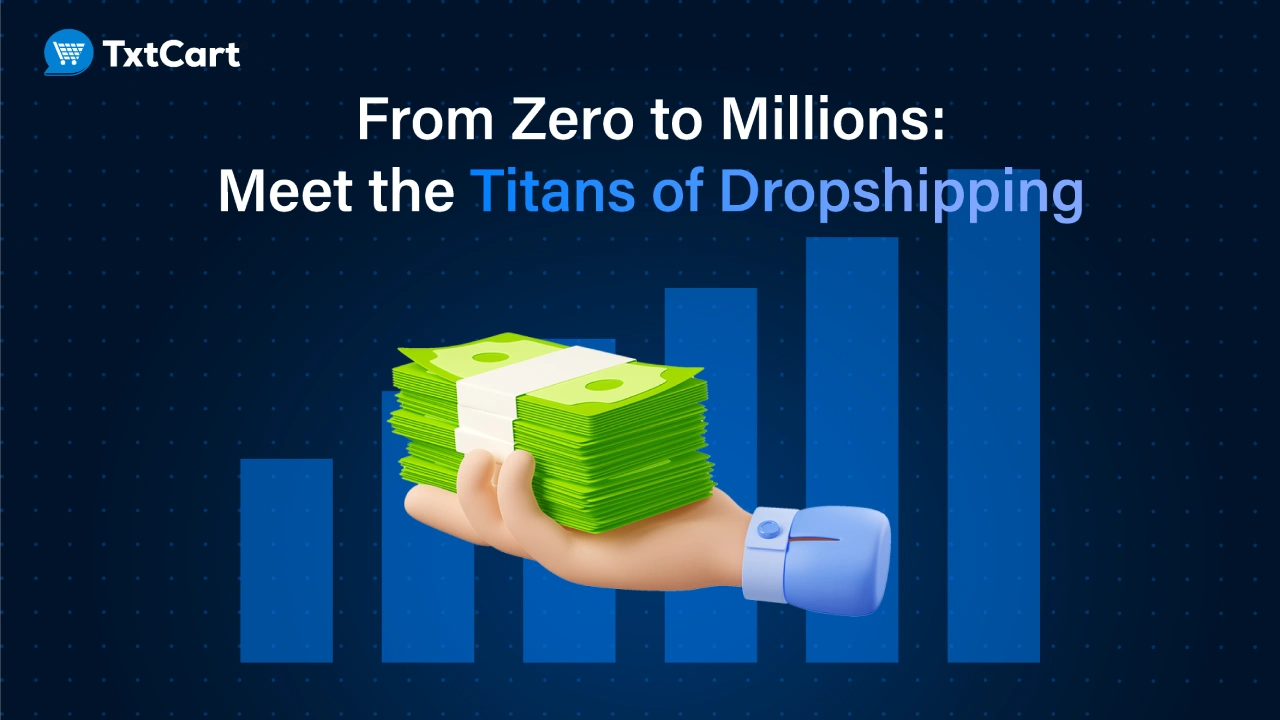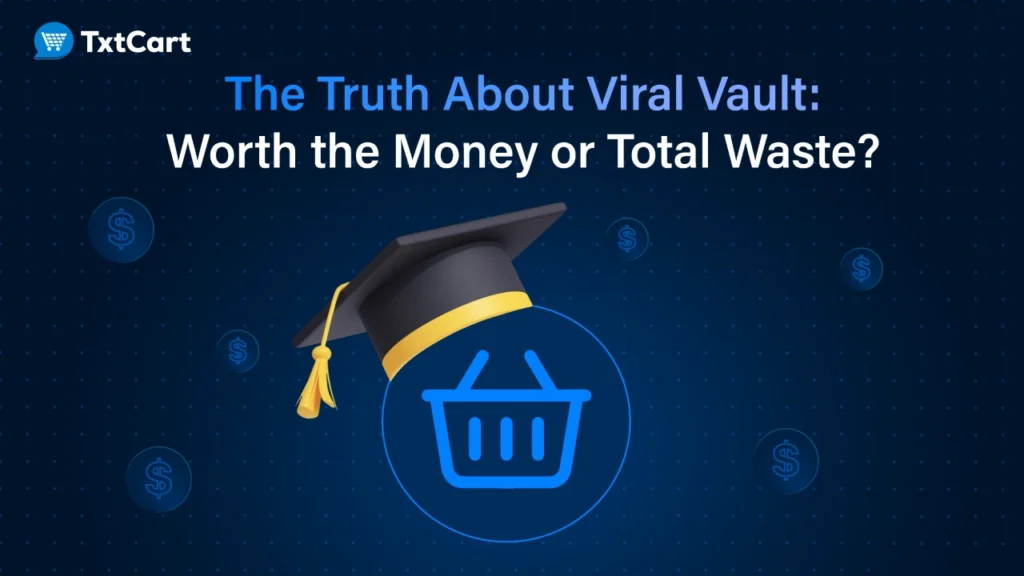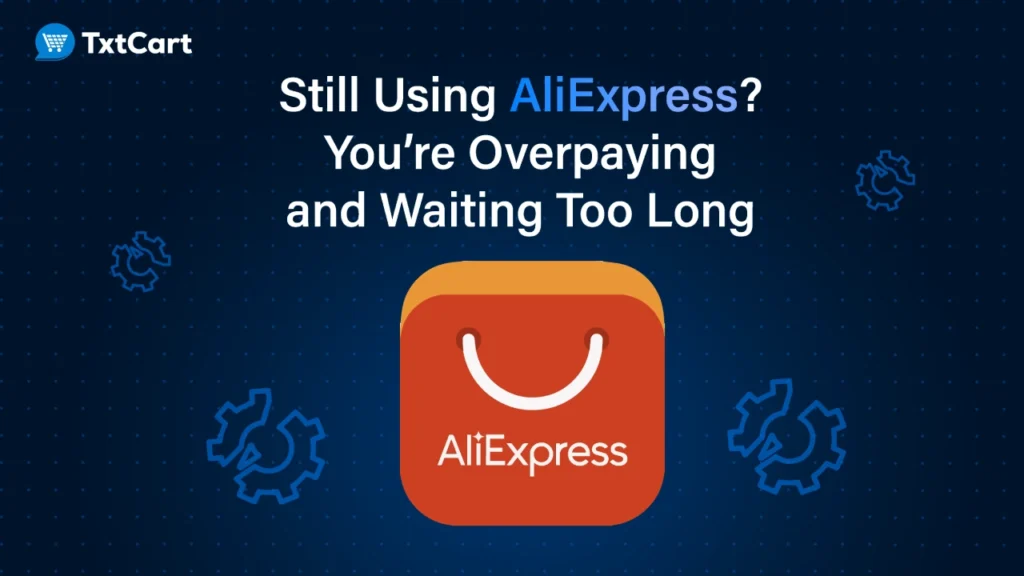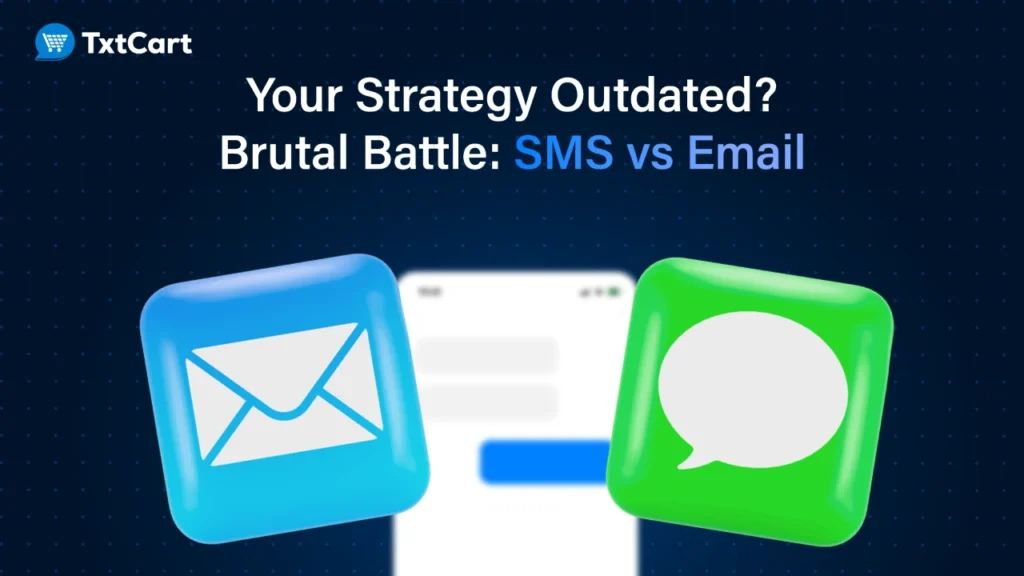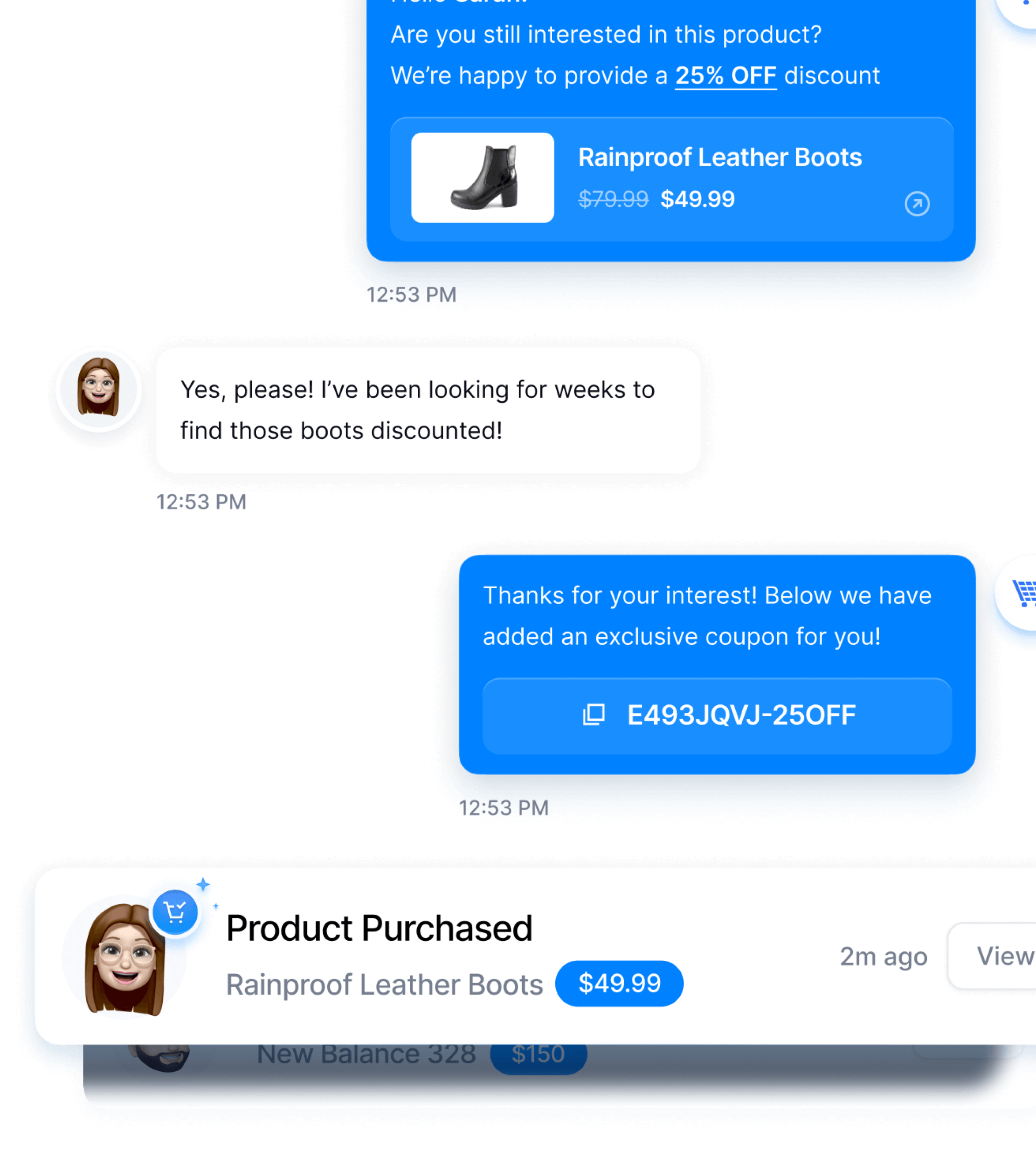The dream of building a multi-million dollar business from a laptop seems like a far-fetched fantasy for many. Yet, for a select group of entrepreneurs, the dropshipping business model has turned this into a reality, proving that with the right strategies, massive financial success is within reach. These individuals didn’t just strike gold; they meticulously built their online empires.
This article unpacks the journeys of the wealthiest figures in the dropshipping world. We’ll explore:
- The stories behind their initial ventures and how they scaled.
- Key strategies that propelled their dropshipping stores to success.
- Actionable insights aspiring ecommerce entrepreneurs can learn.
TL;DR
| Dropshipper | Estimated Earnings | Main Niche | Key Strategy | Current Ventures |
|---|---|---|---|---|
| Kevin Zhang | $20M in sales | Various winning products | Facebook Ads mastery | Kreator eCommerce, mentorship |
| Harry Coleman (“Beast of Ecom”) | $5M in sales | Jewelry, pet products | Relentless product testing | Multiple stores, educational courses |
| Sebastian Ghiorghiu | $8M net worth | Various | Multi-channel marketing | Google Ads agency, real estate |
| Alex & Mimi Ikonn | Not specified | Hair extensions | YouTube community building | Sold Luxy Hair, launched Intelligent Change |
| Andreas Koenig & Alexander Pecka | $10M in sales | Pet products | Niche specialization | Doggykingdom, e-commerce education |
| Pierre Emmanuel | $1.6M in revenue | Problem-solving products | High-quality video marketing | Mentorship programs |
| Adam Greenspan | $4.2M annual revenue | Wallplates/outlet covers | Extreme niche domination | Wallplate Warehouse, SEO expertise |
| Sarah and Audrey | $1M+ in sales | Influencer-driven brand | Instagram influencer marketing | International scaling, eCommerce mastermind |
| Mike & Yuliya Pavlou | $200K+ monthly revenue | Accessories | Email marketing, cause-driven branding | Private-label business, education |
| Cole Turner | $2.1M in sales | Home goods | Strategic pivoting, homepage traffic | Continued e-commerce, mentoring |
10 Richest Dropshippers in the World
The world of dropshipping has created numerous millionaires who started with minimal investment and scaled to impressive heights through strategic marketing, niche selection, and innovative business approaches.
These ten entrepreneurs represent the pinnacle of dropshipping success, having built multi-million dollar empires by identifying market gaps, mastering advertising platforms, and creating memorable brands that resonate with consumers.
1. Kevin Zhang

Meet Kevin Zhang, an entrepreneur who turned a $3,000 investment into a multi-million dollar success story. His journey showcases the explosive potential of a well-executed dropshipping strategy.
- Estimated Earnings: Approximately $20M in sales.
- Background & Start: A Vanderbilt University graduate, Kevin famously declined a lucrative job at McKinsey. Instead, he ventured into e-commerce. After his first five dropshipping stores failed, his persistence paid off, leading to $20 million in sales within his first year.
- Niche & Products: While initial niches involved extensive testing, his success came from identifying winning products and scaling their sales across numerous countries.
- Key Strategies: Kevin’s dropshipping success was built on mastering Facebook Ads, achieving rapid scaling ($0 to $20,000 in daily sales in 11 days). He emphasized high-quality branding, website optimization, building a scalable team, and making data-driven decisions through A/B testing.
- Current Ventures: Kevin is now the CEO of Kreator eCommerce, focusing on mentorship, fulfillment solutions, and scaling strategies for other online business owners. He also runs the “Ecommerce Millionaire Mastery” course, which has generated $10 million in sales.
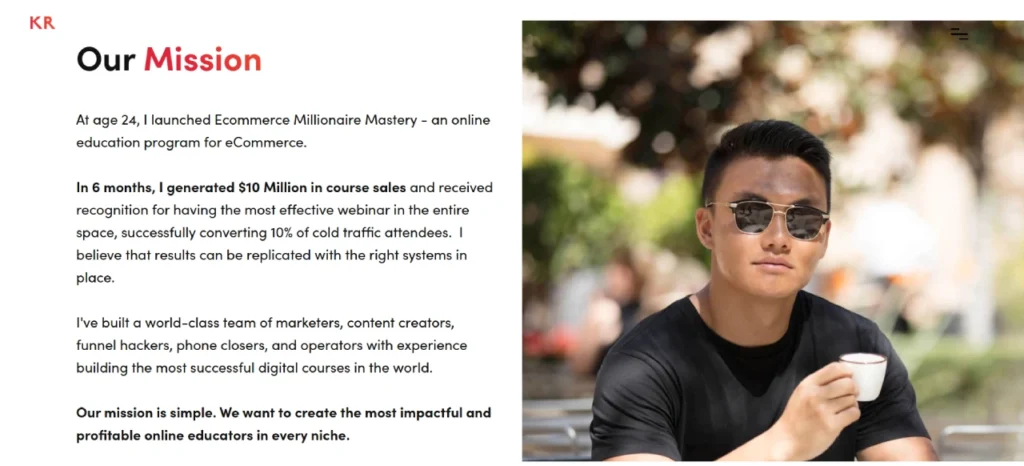
- Notable Advice: Zhang champions persistence, treating dropshipping as a serious business, the continued power of Facebook advertising when done right, and the importance of long-term thinking for sustainable financial success.
2. Harry Coleman (“Beast of Ecom”)

Harry Coleman, widely known as “Beast of Ecom,” carved his path to becoming one of the most successful dropshippers by testing relentlessly and mastering online advertising.
- Estimated Networth: $5 million in sales.
- Background & Start: Harry’s e-commerce journey began with selling imported snapback hats on eBay. He then transitioned into dropshipping nail products before adopting a general store model, which allowed him to test various trending items.
- Niche & Products: His breakthroughs came from identifying profitable niches like jewelry targeting specific audiences (e.g., horse lovers, cat rings) and unique pet products like LED dog collars.
- Key Strategies: Coleman’s dropshipping strategies included testing numerous products simultaneously, becoming proficient in Facebook Ads (crafting compelling ad copy and precise targeting), and building a strong brand identity. His resilience in learning from failed tests was crucial.
- Current Ventures: Harry continues to be a significant figure in e-commerce, reportedly running multiple successful dropshipping stores. He educates aspiring entrepreneurs through his “Ecom Beast” courses and his popular “Beast of Ecom” YouTube channel, where he shares valuable insights on market trends and marketing strategies.
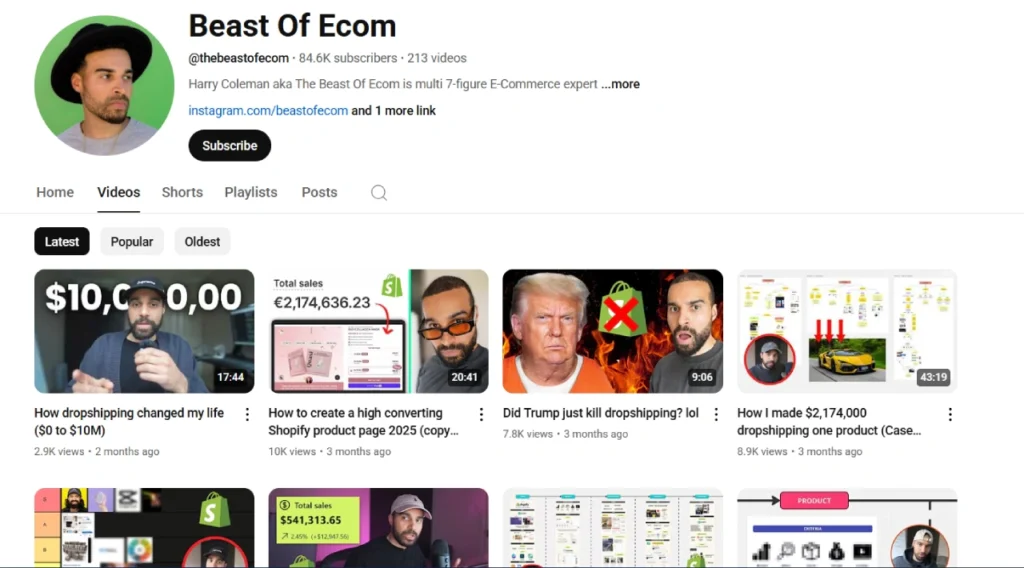
- Notable Advice: His core advice to aspiring ecommerce entrepreneurs is to “test, test, and test some more,” continuously invest in learning, and always be ready to adapt and evolve with the ever-changing dropshipping industry.
3. Sebastian Ghiorghiu

Sebastian Ghiorghiu transformed a modest initial investment into an $8 million net worth by diversifying his online business ventures and mastering digital marketing.
- Estimated Net Worth: $8 million in sales.
- Background & Start: Sebastian embarked on his entrepreneurial journey in his late teens with just $1,000. His first Shopify store quickly generated $35,000 in sales, fueling his ambition to scale.
- Niche & Products: While his initial store’s specific niche isn’t widely publicized, he found success by scaling his first dropshipping store and then replicating the process.
- Key Strategies: Ghiorghiu employed multi-channel marketing, utilizing Facebook Ads, SEO, YouTube, and Google Ads. A cornerstone of his success was scaling his personal brand through his YouTube channel and reinvesting profits into long-term ventures like a Google Ads agency and real estate.
- Current Ventures: Today, Sebastian is a full-scale digital entrepreneur. He runs a Google Ads agency (Digital Wealth MB), creates content for his large YouTube and TikTok audiences, and actively invests in real estate and other online businesses, in addition to his dropshipping ventures.

- Notable Advice: Sebastian advises that one can build a business while sharing knowledge, emphasizes that diversification is key to long-term financial success, and highlights that SEO and organic traffic remain powerful tools for any online store.
4. Alex and Mimi Ikonn

The dynamic duo Alex and Mimi Ikonn are renowned for building Luxy Hair, a seven-figure hair extensions brand, starting with a dropshipping model and a strong focus on community.
- Estimated Earnings: Luxy Hair became a multi-million-dollar brand. Individual net worth estimates vary, with Alex Ikonn’s figures sometimes cited in the millions.
- Background & Start: In 2010, Mimi’s search for high-quality hair extensions for her wedding led them to identify a market gap. They launched Luxy Hair using a Shopify store and initially used dropshipping for fulfillment.
- Niche & Products: Their focus was on high-quality clip-in hair extensions, a problem-solving product for a clear target audience.
- Key Strategies: Their dropshipping success stemmed from building a strong community around their brand. They masterfully leveraged YouTube marketing, creating one of the largest hair tutorial channels. A robust social media presence on Instagram, Facebook, and Pinterest drove massive organic traffic and sales to their online store.

- Current Ventures: Alex and Mimi sold Luxy Hair to the Beauty Industry Group in 2018. They have since launched “Intelligent Change,” a company focused on mindfulness and personal growth tools, including the best-selling “The Five Minute Journal.” They also host “The Ikonns Podcast.”

- Notable Advice: Their journey underscores the importance of creating a brand, not just an online store; using organic content to grow your online business; and thinking long-term beyond the initial dropshipping business model.
5. Andreas Koenig & Alexander Pecka

Andreas Koenig and Alexander Pecka demonstrated that specializing in a passionate niche, like pet products, can lead to monumental success, achieving $10 million in sales.
- Estimated Earnings: Generated $10 million in sales with their pet-focused dropshipping business.
- Background & Start: Their initial forays into dropshipping with general products were met with limited success. The turning point came in 2017 when they founded Doggykingdom, focusing exclusively on the pet niche.
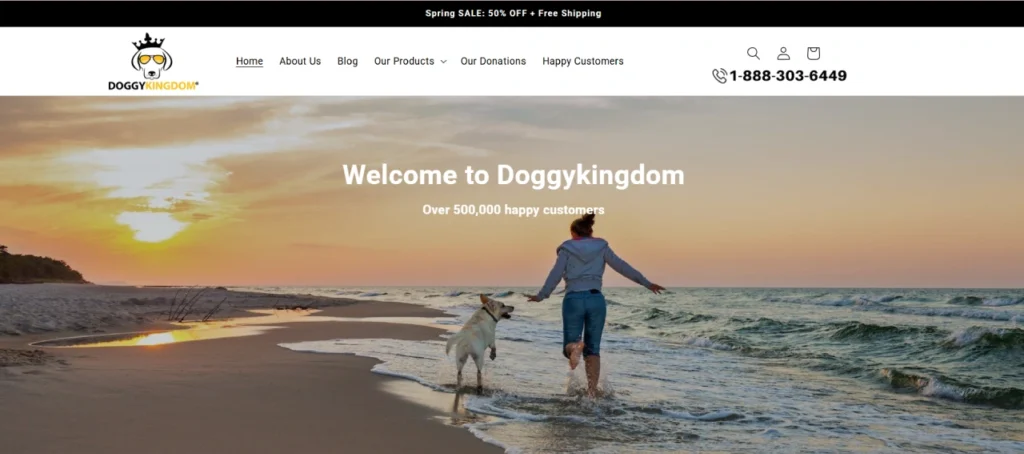
- Niche & Products: They specialized in pet products and accessories, particularly unique items not commonly found in other stores, catering to a loyal customer base of pet owners.
- Key Strategies: The key to their success was niche selection. They employed a smart Facebook Ads strategy with broad audience targeting, rigorously tested products by ordering samples before selling, made data-driven decisions using tools like Facebook Audience Insights and Google Trends, and effectively used video marketing.
- Current Ventures: Koenig and Pecka continue to grow their pet business, Doggykingdom. They have also expanded into e-commerce education with the “Institut für E-Commerce” and are focusing on branding their pet products and exploring influencer marketing.
- Notable Advice: They emphasize that niche selection is critical, product testing before investment is a must, and thinking big with marketing efforts (like broad ad targeting) can yield significant results in the dropshipping world.
6. Pierre Emmanuel

Pierre Emmanuel leveraged his digital marketing expertise to build a $1.6 million revenue-generating dropshipping store by focusing on products that solve real customer problems.
- Estimated Earnings: Achieved $1.6 million in revenue.
- Background & Start: After moving to the US from France, Pierre sought additional income. His freelance digital marketing work exposed him to the dropshipping model, leading him to launch his own Shopify store.
- Niche & Products: He concentrated on problem-solving products sourced from AliExpress, spanning categories like fitness, beauty, and apparel.
- Key Strategies: His success factors include identifying products that address specific customer needs, conducting thorough competitor analysis, investing in high-quality video marketing, and effectively utilizing Facebook Ads and Google Ads. Continuous learning and adaptation were also vital.
- Current Ventures: Pierre now dedicates time to mentorship programs for aspiring dropshippers and creates educational content on digital marketing and e-commerce strategies.
- Notable Advice: Emmanuel advises leveraging existing skills, focusing on problem-solving products for higher marketability, investing in quality marketing content, learning from competitors, and always being ready to adapt and evolve your business rapidly.
7. Adam Greenspan

Adam Greenspan’s Wallplate Warehouse is a testament to how dominating an overlooked niche can lead to a multi-million dollar business, proving that specialization can be incredibly powerful.
- Estimated Earnings: Wallplate Warehouse achieved over $4.2 million in annual revenue.
- Background & Start: In the early 2000s, Greenspan identified an underserved market in wallplates. He started with a single supplier and a Shopify store, gradually expanding.
- Niche & Products: His online store, Wallplate Warehouse, specializes exclusively in wallplates and outlet covers, a highly specific niche decor item.
- Key Strategies: Greenspan’s triumph comes from niche specialization and extensive product expansion within that niche. He built a strong supplier network, developed custom products (some even stocked by major retailers), mastered SEO and content marketing (including a regularly updated blog), and utilized PPC advertising.
- Current Ventures: Wallplate Warehouse continues its success. Greenspan has also become a voice in the e-commerce community, sharing insights on SEO and branding, with an eye on potentially selling the business to focus on product design.
- Notable Advice: His journey teaches to choose a niche you can dominate, recognize that SEO is a long-term goldmine for organic traffic, understand that content marketing is crucial, use paid ads to complement organic efforts, and always think beyond just selling by adding unique value.
8. Sarah and Audrey

The French duo Sarah and Audrey achieved $1 million in sales by masterfully leveraging influencer marketing, showcasing a powerful alternative to traditional ad spend for their dropshipping business.
- Estimated Earnings: Generated $1 million in sales during the 2020 lockdowns alone, and reportedly surpassed $1 million in a single week at one point through their dropshipping strategies.
- Background & Start: Both had separate dropshipping ventures before partnering in late 2019. Sarah had early success with an influencer campaign as a student, while Audrey brought retail experience.
- Niche & Products: Their focus was on an influencer-driven brand with high-quality, low-return products, though the specific niche isn’t widely detailed.
- Key Strategies: Their primary growth engine was Instagram influencer marketing. They built a professional brand presence, systematically reached out to hundreds of influencers daily, and nurtured repeat partnerships, which were key to their dropshipping success.
- Current Ventures: They have scaled their operations internationally, expanded their team, and launched a women-only eCommerce mastermind, establishing themselves as successful entrepreneurs in the dropshipping industry.
- Notable Advice: Their story highlights that influencer marketing can outperform paid ads, strong relationships are key to long-term success, delegation is essential for scaling, and giving back to the community can build authority.
9. Mike and Yuliya Pavlou

Mike and Yuliya Pavlou built a multi-million dollar dropshipping business by prioritizing email marketing and cause-driven branding, fostering strong customer relationships and loyalty.
- Estimated Earnings: Their business grew from $200,000 in first-year sales to over $200,000 per month in revenue.
- Background & Start: After finding a subscription box model too complex, the couple pivoted to dropshipping accessories, focusing on brand-building from day one.
- Niche & Products: They focused on dropshipping accessories, building a brand around them.
- Key Strategies: A significant driver of their success was email marketing to encourage repeat purchases. They also implemented cause-driven branding by donating a portion of sales to charity, which resonated with customers. Data-driven profitability management ensured they scaled effectively.
- Current Ventures: Their accessories brand has evolved into a private-label business. They also educate others through a YouTube channel and mentorship program, focusing on email marketing and branding for online business owners.
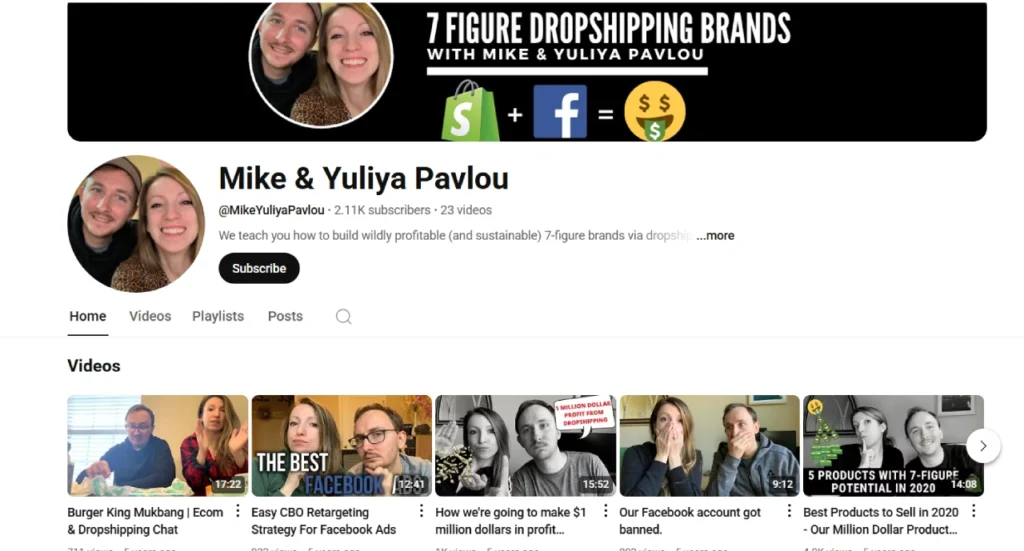
- Notable Advice: They stress that email marketing is a must for dropshippers, cause-driven brands stand out and build a loyal customer base, and it’s crucial to track profits, not just revenue, for sustainable business growth.
10. Cole Turner

Cole Turner’s journey into dropshipping at the age of 18 quickly escalated into a multi-million dollar success story, highlighting the impact of strategic pivoting and innovative advertising.
- Estimated Earnings: Achieved $2 million in sales between March 2019 and May 2020. One specialized jewelry store generated over $75,000, and a subsequent home goods store made a remarkable $2.1 million in sales in just over a year.
- Background & Start: Cole began his e-commerce path at 18. His first attempt with a plant store wasn’t successful, prompting a pivot. He initially ran a general store to test various products, which led him to discover a winning item in the jewelry niche.
- Niche & Products: After the initial plant store, Cole found success with jewelry, eventually focusing a store on a single high-performing jewelry product. He then launched a highly successful dropshipping store in the home goods/homeware niche.
- Current Ventures: Cole continues to operate e-commerce stores with a focus on building long-term brands. He is also reportedly involved in mentoring new dropshippers and potentially runs an agency assisting others with Facebook Ads.
- Notable Advice: His experience underscores the importance of being flexible and willing to test different niches, the value of strategies that maximize sales per customer (like his homepage funnel), and the critical role of investing in branding for long-term dropshipping success and to build a loyal customer base.
BTW, customer communication remains a critical challenge for dropshippers. Modern solutions like TxtCart help address this by enabling personalized, two-way conversations with customers through SMS, answering questions about shipping times and product details automatically – that too being 32x cheaper than human agents.
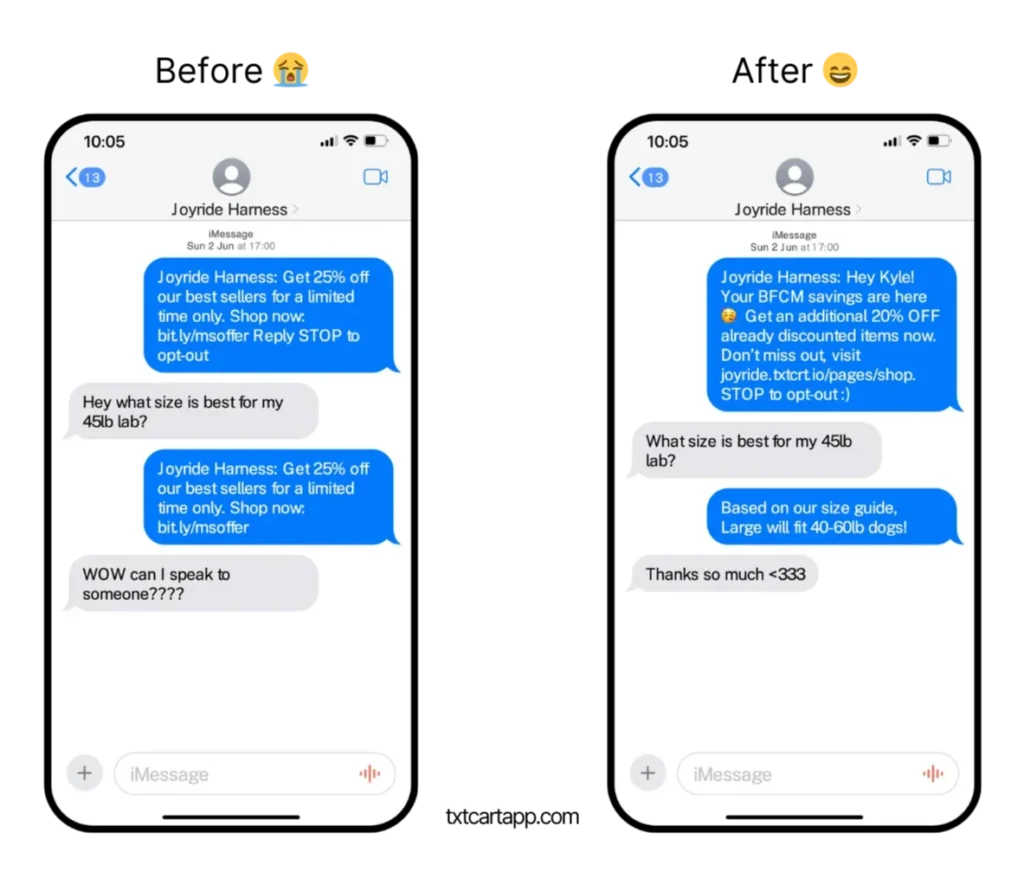
How to Start Your Dropshipping Journey
Inspired by these success stories? Starting your own dropshipping business is more accessible than ever, but it requires a strategic approach. Here’s a simplified guide to get your first dropshipping store off the ground.
- Choose Your Niche Carefully: Don’t just chase trending products. Look for a niche with passionate customers, problem-solving potential, or an underserved market. Use tools like Google Trends and analyze what successful dropshippers in potential niches are doing. Consider your own interests too, as passion can fuel perseverance.
- Find Reliable Suppliers: Platforms like AliExpress, SaleHoo, or Spocket connect you with thousands of suppliers. Vet them carefully: check reviews, shipping times, and communication responsiveness. Order samples to assess product quality before listing items in your online store.
- Select Your E-commerce Platform: Shopify is a very popular choice for dropshippers due to its user-friendliness and extensive app store. Other options include WooCommerce (for WordPress users) or BigCommerce. Choose one that aligns with your technical skills and budget.
- Build Your Online Store: Focus on a clean, professional design. Write clear product descriptions and use high-quality images. Ensure your store is easy to navigate and mobile-friendly.
- Develop a Marketing Strategy: You need to drive traffic to your store. Options include Facebook Ads, Instagram marketing (including influencer collaborations), Google Ads, SEO, content marketing, or TikTok. Start with one or two channels you can learn well.
- Focus on Customer Experience: From the moment a visitor lands on your site to post-purchase follow-up, aim for excellence. Provide clear shipping information, responsive customer service, and handle any issues professionally to build a loyal customer base.
Tools and Resources for Aspiring Dropshippers
Equipping yourself with the right tools can significantly streamline your operations and boost your dropshipping success. Many of the most successful dropshippers leverage technology to automate tasks, analyze market trends, and enhance their marketing efforts.
Here are some categories of tools and resources to consider:
- E-commerce Platforms:
- Shopify: Highly favored for its ease of use, scalability, and vast app ecosystem tailored for e-commerce businesses.
- WooCommerce: A flexible, open-source plugin for WordPress, offering extensive customization.
- BigCommerce: Another robust platform known for its built-in features.
- Supplier & Product Sourcing Tools:
- AliExpress Dropshipping Center: Helps find trending products and reliable suppliers on AliExpress.
- Spocket, SaleHoo, DSers: Platforms that connect you with vetted dropshipping suppliers, often with faster shipping options.
- Marketing & Advertising Tools:
- Facebook Ads Manager: Essential for running and optimizing Facebook and Instagram ad campaigns.
- Google Ads: For search engine marketing and reaching customers actively looking for your products.
- Klaviyo or Mailchimp: For email marketing automation, crucial for building customer relationships and driving repeat sales.
- Canva: For creating professional-looking ad creatives and social media graphics.
- Analytics & Optimization Tools:
- Google Analytics: To track website traffic, user behavior, and sales conversions.
- Hotjar or Crazy Egg: For heatmaps and session recordings to understand how users interact with your online store.
- Customer Service & Communication:
- Zendesk or Gorgias: Help desk software to manage customer inquiries efficiently.
- TxtCart: An AI-powered conversational SMS marketing platform that excels at recovering abandoned carts and enables personalized, two-way, human-like SMS conversations to answer customer questions in real time – all while being 32x cheaper than human agents.
Read Next: 10 Dropshipping Apps That Make Selling Online Too Easy
What Comes After Mastering Dropshipping Strategies? TxtCart.
You’ve seen how the richest dropshippers built their empires through smart strategies, relentless testing, and a deep understanding of the e-commerce landscape. They didn’t just sell products; they built brands, mastered marketing, and adapted to challenges. Now, it’s about applying these valuable insights to your own online business.
Here are the core takeaways for your journey:
- Niche Down & Brand Up: Don’t be a general store forever. Find a profitable niche and build a memorable brand.
- Marketing is King (and Queen): Master at least one key marketing channel, whether it’s Facebook Ads, Google Ads, SEO, or influencer marketing.
- Customer Experience Matters: From product quality to shipping and support, prioritize your customers to build loyalty and repeat business.
- Adapt or Be Outpaced: The dropshipping world evolves fast. Continuously learn, test new dropshipping strategies, and analyze market trends.
Building a successful dropshipping business takes work, but the potential for financial success is real. As you grow, optimizing every part of your sales funnel becomes critical. TxtCart offers a powerful way to engage customers, recover abandoned carts, and ultimately boost your revenue through intelligent SMS marketing, helping you turn more browsers into loyal buyers.
Want to try conversational SMS for free?
Drive more sales with intelligent AI-driven automations that recover carts, engage customers, and streamline flows — saving you 32x in costs. No contracts or minimums.
- Try free for 14 days
- 10x ROI guaranteed
- Join 3000+ Shopify brands
Read Next:
- 10+ Best Dropshipping Courses in 2025 (Free & Paid Options Compared)
- 12+ Successful Dropshipping Stores That are Making Millions
